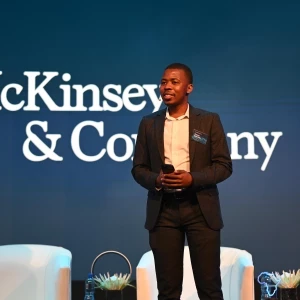Hello! There are many, many.... many sources of case prep and I'm trying to determine the best source for acing the case interview. From the plenty of research I've done so far, it appears as though Case Interview Fundamentals by Crafting Cases is a good source (+ obviously drilling and doing mock cases with a partner to apply this knowledge/learnings). But given that this course came out at least pre-2019 (not sure the exact date, ChatGPT says ~2019) - is the theory and approach taught in that course still the best path to follow today in 2025?
I've also gone through Victor Cheng, Hacking the Case Interview, Case-in-Point - you name it! And all these sources seem to teach a boiler plate framework, hence my inclination to invest all my time solely in the Case Interview Fundamentals course by Crafting Cases for theory + drilling and mock cases to apply that theory.
However, if the theory and approach taught in that course is out-of-date, I'd like to be aware of that before investing my time in it.
Thanks in advance for your input









